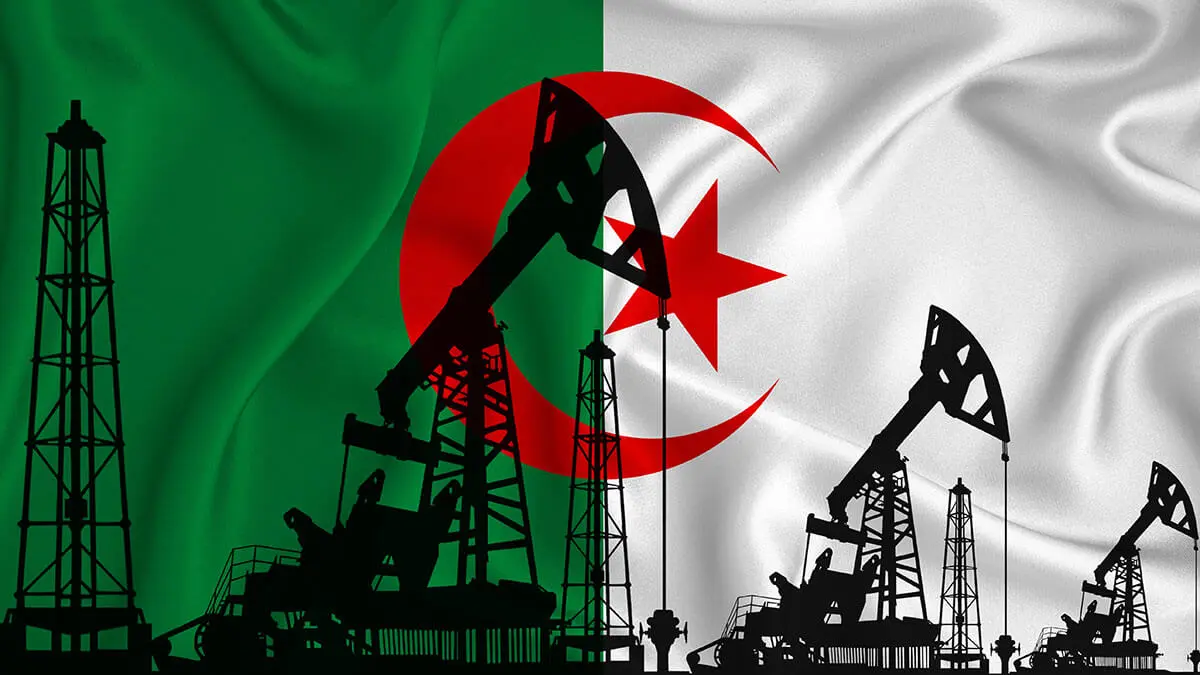Generation

The lack of strategy endangers Algeria's energy future

Algeria is the African country with the largest reserves of gas, oil and oil shale, yet the lack of policies favouring exports is leading the industry towards a standstill. This problem is further aggravated by the country's weak green hydrogen industry.
The state monopoly on Algeria's energy sector has created a stalemate that has created a dilemma for the administration, as they continue to refuse to collaborate with external buyers, and there is a clear lack of strategy. A problem that has been going on for seven decades.
This paralysis is not a new problem for the Algerian economy, since, before Abdelmadjid Tebboune came to power, the policies implemented by Chakib Khelil, former Minister of Energy and Mines, weakened the country's main energy institutions.
With regard to Algeria's strategy in the energy sector, the North African country has reverted to the basic principles that underpinned industry regulations in the 1980s. These principles are twofold: the preservation of gas and oil reserves for the use of Algerians, now and in the future; and maintaining strict control of gas exports to large foreign companies.
This combination, together with the need to change the energy production model due to climate change, which did not exist in the 1980s when these principles were applied, has led to large US companies interested in Algerian oil and gas having their intentions to buy hydrocarbons rejected.
These problems pose serious problems for the government in the eyes of its citizens, as the income derived from the sector has for years sustained Tebboune's policies, which, in the most likely case, will lead to an economic recession. One of the first effects has been the departure of hundreds of young talents to other countries.
Added to all this is the global geopolitical context, in which Algeria also finds itself at a crossroads because the exporting countries it competes with are trying to modernise their policies and adapt them to the new conditions established by the global market.
However, these drawbacks also suggest that the economic resources derived from the sale of oil and gas have not been reinvested efficiently, since all the countries in the world with large hydrocarbon exports also have a strong structure in the plastics manufacturing sector; and Algeria does not.
In turn, the Executive, instead of developing new policies and strategies, has chosen to maintain state control over natural resources. Similarly, Algeria has refused to establish a sovereign fund for resources that would guarantee the future for the next generations. A decision that, like the development of the manufacturing sector for petroleum products, Algeria has not decided to implement.
Economic recession is just around the corner. To avoid it, the country must stop burning Algerian gas, as it costs the country between 2 and 3 billion dollars a year. If Algeria does not manage to increase its gas and oil production and exports, it will face major economic difficulties over the next decade. But even if it does, the situation will remain difficult due to the national economy's extremely high dependence on hydrocarbons, which account for 90% of total exports.
One possible, albeit small, escape route may be to renew its policies in accordance with the needs of climate change and its regulations in all countries. Government investment in industry exceeds 21 billion dollars a year, which is a good sign that the future can be redirected, but the lack of bold policies does not seem to be leading the Algerian economy anywhere other than into stagnation.












